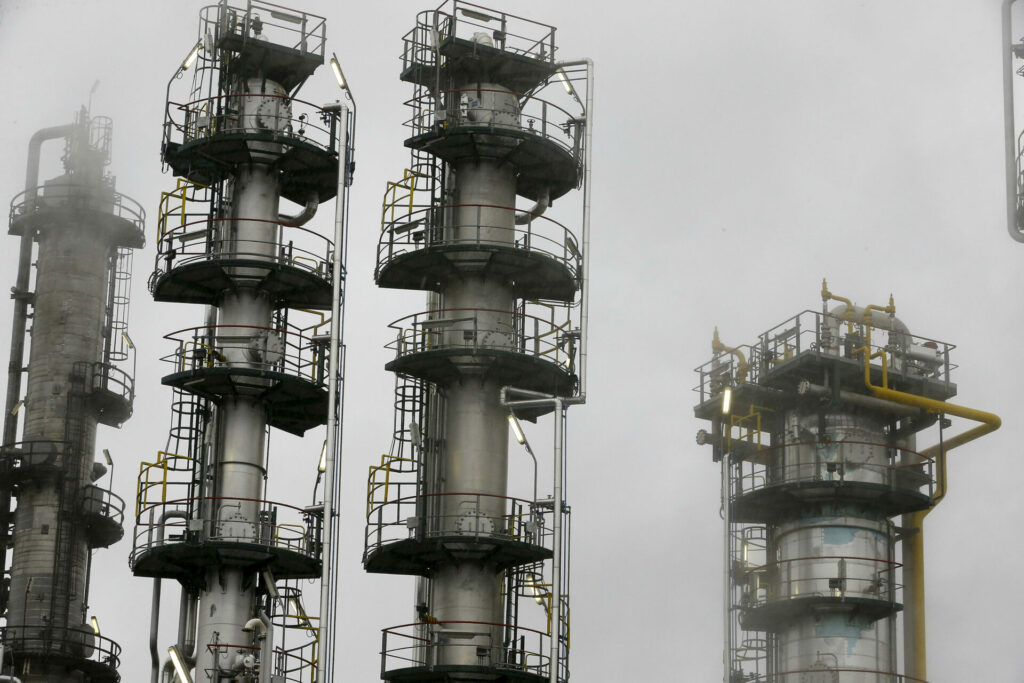The global energy sector, responsible for around three-quarters of greenhouse gas emissions, is falling short of achieving net-zero emissions targets by 2050, a new report published by the International Energy Agency (IEA) has revealed.
In order to limit global warming to 1.5℃ and achieve carbon neutrality, the IEA insists that the energy sector must rapidly reduce its share of fossil resources.
Last year, subsidies for fossil fuels almost doubled, leading nations to further stray from net-zero targets. In this context, the report recommends that countries should stop issuing licences for the exploration of new gas and oil deposits.
At the start of November 2021, during the Glasgow COP26 climate summit, 30 countries (including Belgium) pledged to stop financing fossil energy projects abroad. However, against the context of rising energy prices and Russia’s war in Ukraine, many countries have strayed from these targets.
The report finds that “major economies have significantly increased their support for the production and consumption of coal, oil, and natural gas.”
Financial support for fossil fuels across 51 countries, who account for 85% of the world’s total energy supply, nearly doubled from $362.4 billion in 2020 to $697.2 billion in 2021. Support for fossil energy producers, the IEA states, has now reached levels “never seen before.”
Recent increases in subsidies for fossil fuels have wiped out several years of progress, reverting the level of investment into fossil fuels to levels observed in 2018. Across Europe, countries are plugging the gap for cheap energy with fossil fuels, notably coal, in a bid to stabilise energy markets. These emergency measures have come at the expense of the continent's climate goals.
This sudden increase in fossil subsidies demonstrates the difficult balancing act that governments must play between sticking to environmental commitments and providing much-needed relief for end users, who have witnessed massive increases in the cost of energy over the last two years.
One of the key findings of the report is the need to massively expand the global clean energy sector. To meet net-zero, the IEA says that almost 90% of electricity generation will need to come from renewables by 2050.
By 2030, major nation states must more than triple solar and wind capacity capacity, increase the sale of electric vehicles to around 55 million, and reduce energy intensity of GDP to around 3 megajoules per US Dollar.
Related News
- Russia burns huge amounts of natural gas while European energy bills soar
- Oil and gas giants’ plans threaten to accelerate climate change
Global demand for energy will need to shrink by 8%. Fossil fuels will ultimately need to fall from around 80% of energy supply to just over 20% by 2050.
The industrial sector will also need to significantly change its operating model, reducing emissions by as much as 95% by 2050. To facilitate this, massive subsidies will be needed for new research and development programmes, as well as support for carbon capture and other emission reductions.
“Increasing investment in clean energy technologies and infrastructure is the only sustainable solution to the current global energy crisis, and the best way to reduce consumer exposure to high fuel costs,” says Fatih Birol, Executive Director of the IEA.

